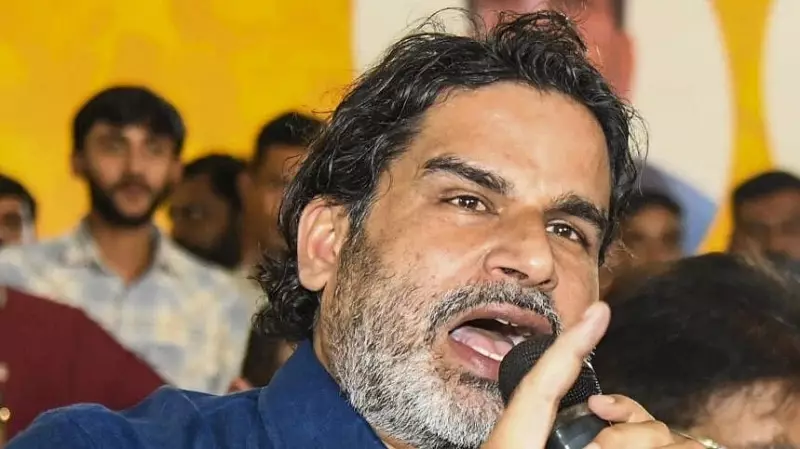
In a significant development for the upcoming Bihar Assembly Elections 2025, prominent political strategist Prashant Kishor has identified migrant workers as the potential "X-factor" that could dramatically reshape the state's political landscape. This revelation comes hot on the heels of a record-breaking voter turnout during the first phase of polling.
Unprecedented Voter Participation Sets the Stage
The initial phase of Bihar's electoral exercise witnessed remarkable enthusiasm among voters, with preliminary reports indicating turnout figures that have surpassed previous records. This massive participation has set political circles abuzz with speculation about what drives this unprecedented engagement.
The Migrant Voter Phenomenon
According to Kishor's ground-level analysis, the substantial population of migrant workers who have returned to their home constituencies could emerge as the decisive force in these elections. These voters bring with them exposure to different political cultures and development models from across India, potentially influencing their voting behavior in significant ways.
The political strategist emphasized that migrant communities often have distinct priorities and expectations from their elected representatives. Their experiences in other states, particularly regarding employment opportunities, social welfare schemes, and governance models, have shaped their political consciousness in unique ways.
Key Constituencies Under Spotlight
Several assembly segments with high out-migration rates have become focal points for political observers. These constituencies, traditionally known for their migrant workforce employed in industrial hubs across India, are now witnessing intense campaigning as political parties recognize their potential to swing results.
The returning migrant population has created new dynamics in these areas, with issues like employment generation, social security for migrant labor, and skill development taking center stage in political discourse.
Changing Political Equations
The high voter turnout in the first phase suggests that traditional voting patterns might be undergoing significant transformation. Political parties that effectively address the concerns of migrant communities and their families could gain substantial advantage in what promises to be a closely contested election.
Kishor's observations point to an evolving political scenario where migrant voters are no longer passive spectators but active participants shaping Bihar's future. Their collective voice could potentially override conventional caste and community calculations that have long dominated the state's politics.
As the election progresses through subsequent phases, all eyes will be on whether this migrant voter phenomenon sustains its momentum and ultimately determines which way the political wind blows in Bihar.






